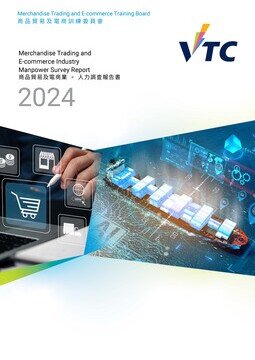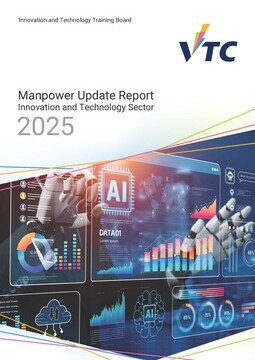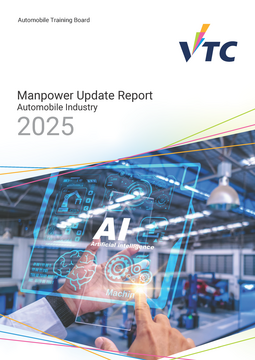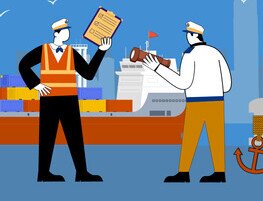Business Outlook
Ocean Going Sector
Hong Kong remains a key player in global maritime trade with strengths in legal/tax systems, ship registration, and high-end maritime services. However, it faces growing regional competition, talent shortages, and stricter environmental regulations.
To stay competitive, Hong Kong must embrace green and smart shipping technologies with government support and align with initiatives like the Belt and Road and Greater Bay Area. The growth of LNG-fueled vessels presents new business opportunities as sustainability rises in importance. Focusing on innovation, talent, and global services will help Hong Kong become a leading hub for sustainable, tech-driven maritime operations.
River Trade Sector
Hong Kong’s river trade, once vital for connecting the city to the Pearl River Delta and global markets, has sharply declined due to modernized Mainland ports, new infrastructure like the Hong Kong-Zhuhai-Macao Bridge, and increased direct export routes. This has resulted in aging fleets, higher costs, labor shortages, and fewer port resources for river trade.
Despite challenges, Hong Kong’s river trade can be revitalized by leveraging its financial and legal strengths and strategic Greater Bay Area location. Adopting clean energy vessels, digital technologies, and multimodal logistics integration, along with targeted policies and focus on high-value services like cold chain logistics, can transform the sector into a sustainable and efficient regional transport option.
Local Vessel Sector
Hong Kong’s Local Vessel sector is crucial to the maritime ecosystem, supporting key services and contributing to the economy, but it faces challenges like an aging workforce and difficulty attracting young talent. Rising operational costs and strict regulations also strain smaller operators, hindering fleet upgrades and sustainability.
Government initiatives in training, green vessels, and digitalisation offer pathways for modernising Hong Kong’s Local Vessel sector and enhancing sustainability. However, challenges like limited charging infrastructure for electric vessels remain, even as ongoing coastal development sustains demand and growth opportunities. With proper support, the sector can adapt and strengthen its future role in maritime operations.
Shored Based Sector
Hong Kong’s shore-based sector is crucial to its global maritime status, supporting areas like law, insurance, and training. Leveraging its strategic Greater Bay Area position, the sector can enhance regional collaboration and logistics efficiency by adopting smart technologies and digital innovations such as AI and big data.
Hong Kong’s maritime sector faces financial strain from strict environmental regulations and oversupply in the global market, squeezing smaller firms and local services. A growing talent gap, driven by new technology and sustainability needs, makes targeted training and youth recruitment vital for the industry’s resilience and competitiveness.




































